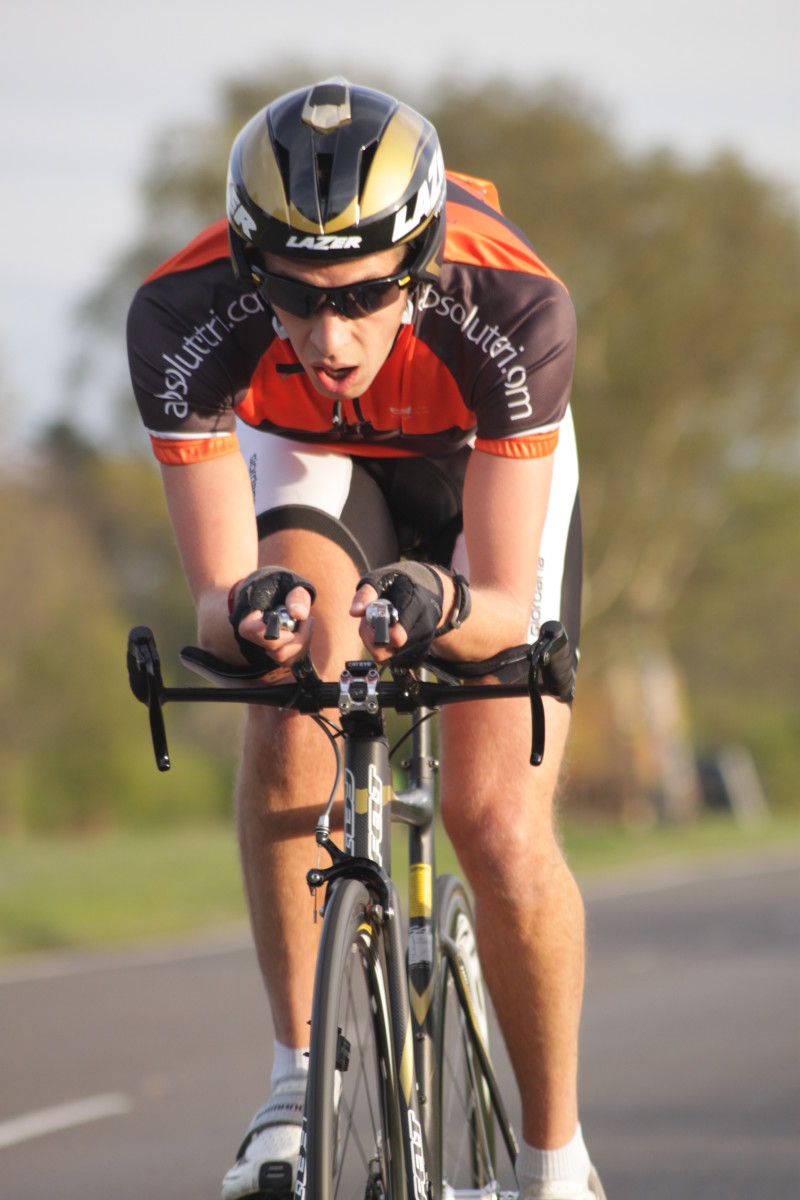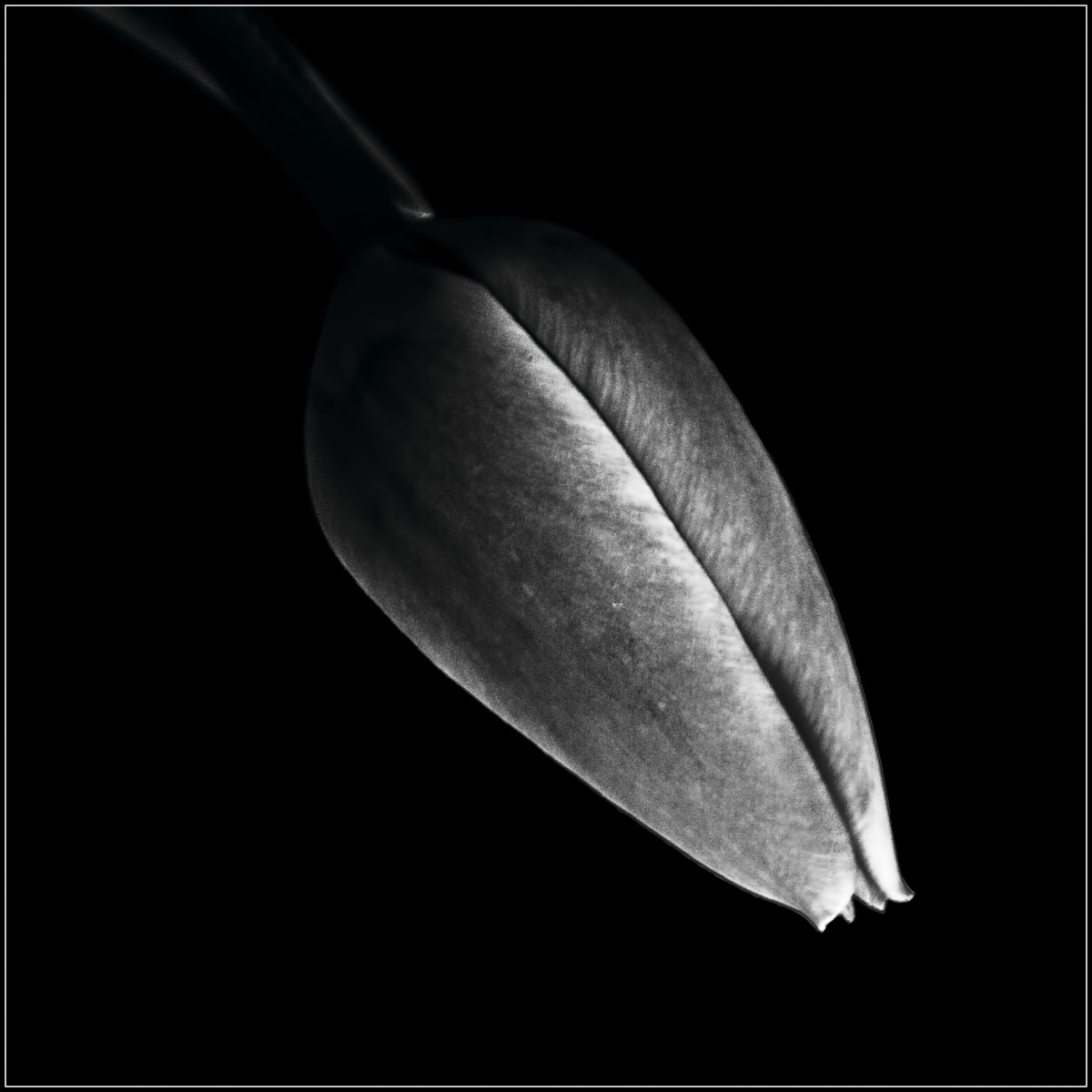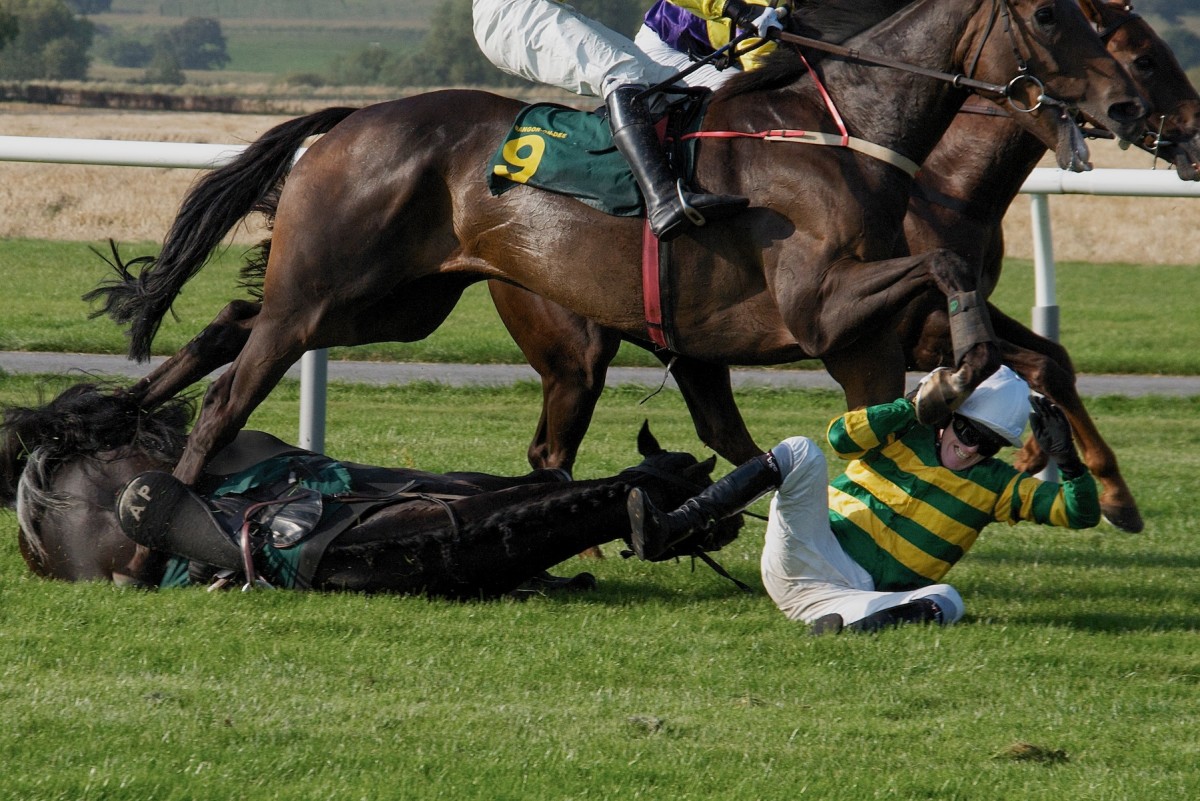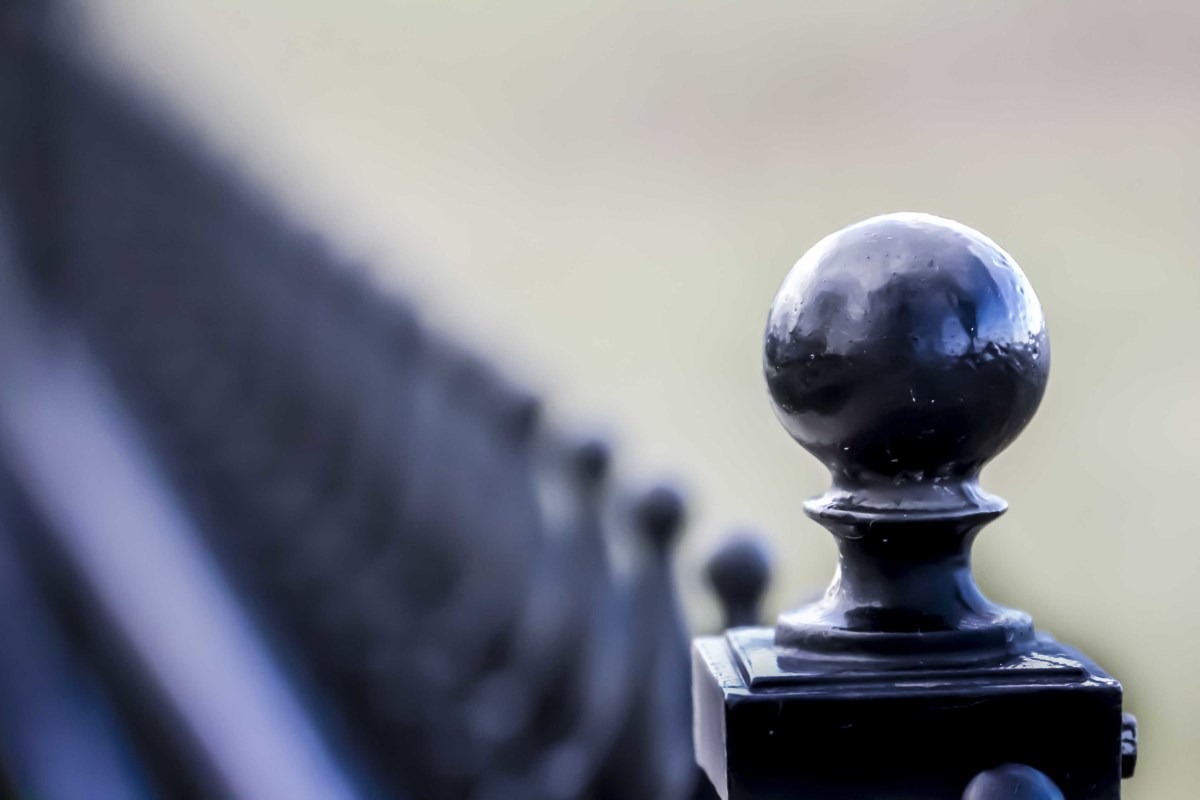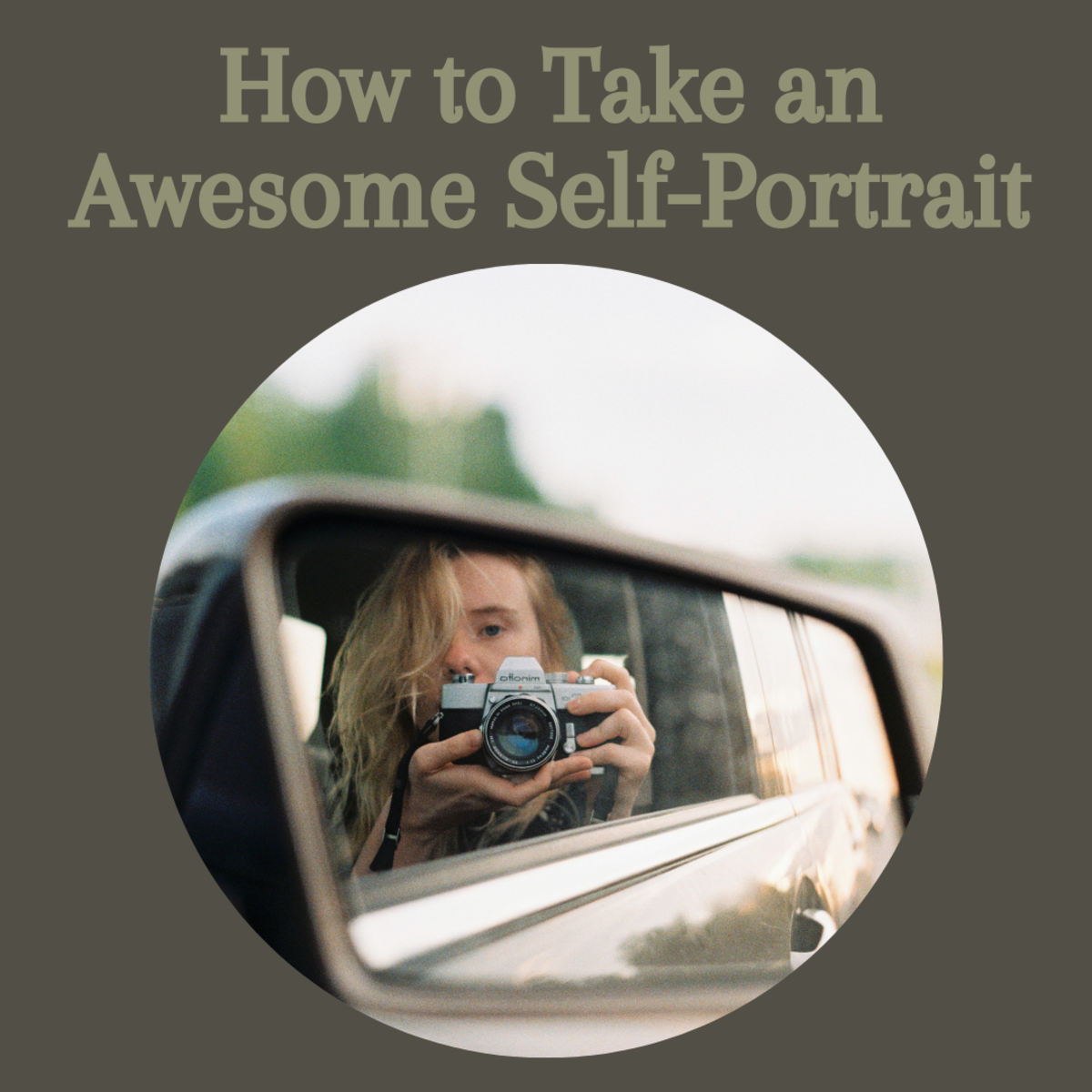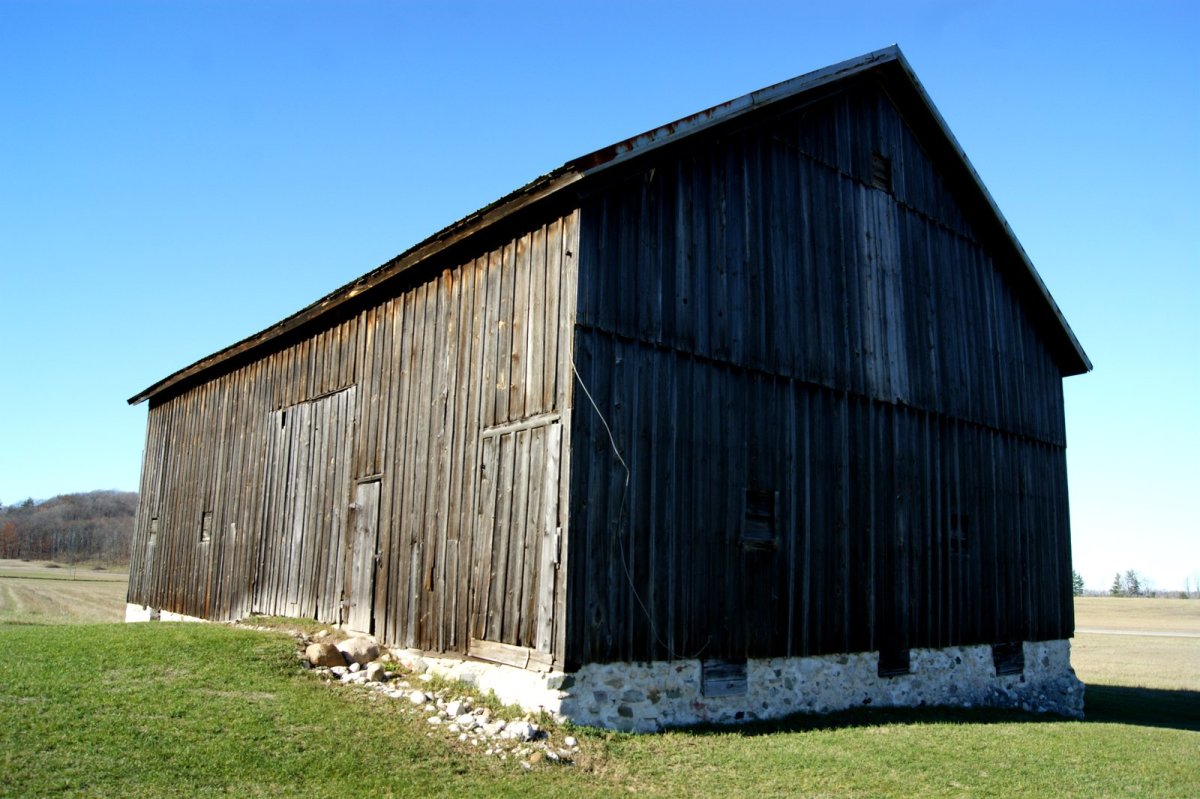Taking Your Photography to The Next Level

From Snapshots to Art
Do you want to take photographs that stand out? Are you ready to move your photography from snapshots to art? If you want to take and make better pictures, this article is here to help with not too technical advice and information.
In the course of this article I will be assuming that you are a digital photographer since most people are these days. Still much of what we discuss will be relevant to film photography.
The dog at the left is a Cavalier King Charles Spaniel...a beautiful dog I chanced upon while photographing a bluegrass festival. You can see a full resolution version of this image here.
All photographs in this article are my own.
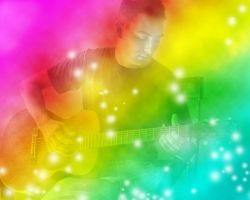
Is Photography Art or Science?
Photography is both an art and a science. One of the things that keeps me fascinated and engaged in photography is the challenge to expand my knowledge and skills in both directions. As far as I can see, there is no end to the learning curve in the art or science of photography. While art and science are often considered separate domains, great photography often arises when art and science merge and work together to create wonderful images.
The art of photography has to do with the composition, lighting, and processing of an image. Composition has to do with what you choose to shoot, and how you choose to shoot it. You can take a quick snapshot to document that you saw a particular bridge or you can find the best angle, wait for the best lighting, and frame the image with some trees to create a more interesting or pleasing image. It's up to you to decided if you want a snapshot to document people, a place or thing or if you want to create a photograph. Snapshot or photograph, it's up to you. I don't know who said it originally but you don't take a photograph, you make a photograph. One of the great joys of digital photography today is that you can take your captured image into your digital darkroom or some sort of image processing software and enhance the the image or create something entirely new and different with it.
The science of photography has to do with lenses, optics and the mechanics of the camera. Depending on the type of photography you do the science aspect can extend to lighting equipment and hardware and image processing software apart from the camera itself. There is overlap in the art and science of photography because you will be thinking of artistic effects when you compose a picture and make your camera adjustments. You are using camera equipment to achieve an artistic result. Most digital cameras today have settings that allow the camera to do all the thinking for you. They will generally do a good job of handling all the camera settings in order to capture a decent image so you can concentrate on composition. Cameras that do your thinking for you are called point-and-shoot (PAS) cameras. PAS cameras are a real boon to people who don't want to be bothered with making camera adjustments.
I have often said that there's an element of luck in photography. I have stumbled on some scenes with the right elements and the right lighting to make a great photograph so I've had my share of luck. That said, I have found that the more I know about the art and science of photography, the luckier I get. The great photographers make their luck by placing themselves in the right place at the right time with the right knowledge and equipment. Don't count on luck, learn to make your luck and photography will bring you great satisfaction. Also, wherever you go, take your camera with you. You can't catch the shot of a lifetime if the camera's at home.
Check Out These Great Amazon Gift Ideas
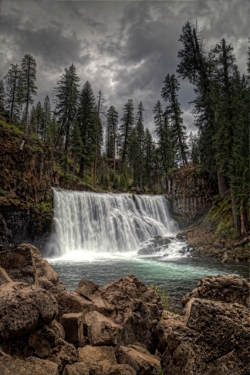
What Makes a Great Picture?
I have seen several threads in photography forums discussing this subject. There isn't a simple answer to this time honored question but we can make some general observations. Good or great photography and great art in general is recognized as such by a significant portion of the population. There tends to be some level of consensus on what is good and what is bad or poor art. A technically good photograph, that is one with all the "right" settings and lighting may or may not be a good or great photograph if the subject matter is uninteresting or doesn't generate some sort of emotional response in the observer. Likewise, a less than technically optimum photograph of an interesting, subject or a subject that triggers some sort of an emotional response in the observer may well be considered a "great" photograph.
The waterfall image on the right is a high dynamic range (HDR) photo of the Middle Falls on the McCloud River in northern California.
I think a good or great photograph is reasonably well taken from a technical perspective but it must be seen as interesting or evoke some sort of response at an emotional level in a fairly wide spectrum of the viewing population. An emotional response can be a perception of beauty, a sentimental feeling, anger, love, nostalgia, etc. The image must somehow "touch" the viewer. The difference between good and great art may be as simple as the number of people it touches and/or the depth of the feeling it evokes.
What makes good or great art is largely subjective, beauty is in the eye of the beholder. However, even while subjective, there is a level of consensus on what is good or great art. This consensus is influenced by culture, popular trends, influential people and personalities but great art usually finds its way to the top.
Great artists and photographers have the ability to reach out and touch others with their work and that is the goal I strive for. I am not great but I'm better than I was but not as good as I hope to be.
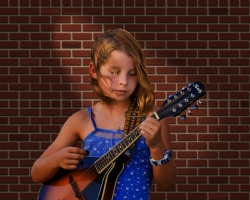
Steps You Can Take to Improve Your Photography
This subject is pretty broad so it will be spread over several lenses. However, this is the place to start and you can start with the camera you already have. Read the manual that came with your camera. Learn the capabilities your camera has that you don't usually use. Manipulate your camera as you read the manual, make adjustments so you become familiar with where the controls are, how they work and what they do. Don't be overwhelmed by the terminology or if it all appears too technical at first. Learn a little bit at a time and since knowledge builds on knowledge soon you will become familiar with what you once thought was too technical. Take lots of pictures and study them to see what works and what doesn't work for you. The beauty of digital photography is that there's no cost involved when you take a lot of pictures. Take you shots, learn from them and dump them so you can take even more shots. Have fun; try things you haven't tried before.
You can also improve your photography by learning and developing skills in the technical and artistic domains. Look at good and great art in magazines, books and museums. When you see something you like, try to understand why you like it. Is it the lighting, the color, the composition, does it tell a story, what does it make you feel? Think about how you might duplicate or capture a similar look or feel with your camera. Even if you only have a PAS camera, don't just point-and-shoot when you take a picture. Think about what you want to capture, is there a better angle, would the lighting be better at another time of day. Move around and look through your view finder to find the best angle for your subject. Look for ways to include leading lines that point toward or away from your main subject. Think about composition, can you frame the main subject with a building, a tree, etc. What elements in the scene do I want to include because they add or contribute to the image and what items do I want to leave out because they detract from the main subject of the picture I want to take.

Helpful Website Resources
Here are some websites that will be helpful as you become familiar with terminology and camera and lens functionality. There are many helpful websites but these will get you started. You will likely want to bookmark these so you can return from time to time, remember, the learning never stops,that keeps it fresh and makes it fun.
The Santa on the right is a photo I took at a local event. I got permission to use the image and made a Christmas card out of it. You can do this type of thing too.
Digital Photography Review is a good general purpose website with articles about taking pictures, reviews of cameras and lenses as well as image processing software. It also has a helpful glossary so you can begin to get a handle on those terms that people are throwing around. You will find DP Review here.
My favorite website is Cambridge in Colour. It is authored by Sean McHugh who is a scientist and incredible photographer. There is a gallery of some of his work on the website that you must visit for inspiration. However of most value is a section of tutorials that are packed with useful information. You may find them a little technical at first but I assure you there is great value if you bookmark and visit them frequently. Also included in this website is a forum where photographers from around the world interact and share information and images. It's a place where you can ask questions but search the forums first to see if your question has already been asked and answered. I have learned a lot by reading the forum posts and, in a sense, looking over the shoulders of many of the skilled photographers that post in the forum. You will also find new and aspiring photographers in the forum so there is something for everyone. This is one of the two forums that I visit most often. I've been to some photography forums where sharpshooters, nerds and snobs dwell and it's no fun to ask a question only to be shot down by a self-proclaimed wizard. The Cambridge in Colour forum is friendly and willing to help. I recommend you read through the various forum subjects for a while to get a feel for it before you post.
If you look around you will find other helpful forums where you can visit to learn or participate. Don't be afraid to ask "dumb" questions in these forums but look around and search the archives to see if the question has already been asked and answered. I have learned a lot from other people's "dumb" questions and have asked some of my own. Actually, the "dumb" question is one that isn't asked after you've done your homework.
Related Lenses
As I said earlier, this lens is a good starting place for aspiring photographers but I have created related lenses that deal with different aspects of photography. I have made an effort to keep these lenses from becoming too technical. I want them to be interesting and useful without scaring anybody away with technical talk. As you grow in your love of photography you will learn the technical stuff, I just want to get you started. I recommend you check out these related lenses to learn more.
My Fine Art Photography Website
I have a fine art photography website where you can view my diverse photographic interests. I have a gallery dedicated to vintage vehicles and buildings, galleries for landscapes, waterfalls, birds, wildlife, painterly photography and a variety of other specialized subjects. Mount Shasta and various northern California scenes are prominent in many of my galleries. Most of the galleries have background music if you play them as a slideshow. This allows you to kick back and listen to the music as the images flow by. Whether you are looking for some interesting images or looking to purchase some photographic art, I think you will enjoy your visit to Chuck Nelson Photography.



